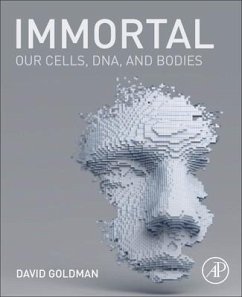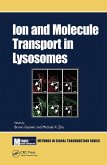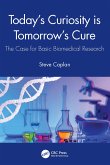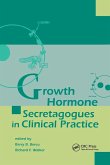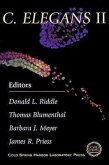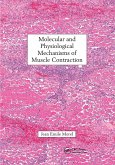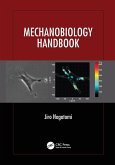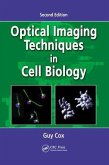In recent times, the boundary between living and non-living has been blurred by advances in genomics, cell biology, and molecular neuroscience, whereby humans are repaired, enhanced, or made anew. Scientists and physicians are now able to keep cells, organs, and bodies alive indefinitely and can return cells or DNA to our bodies and make new cells for the purpose of treating disease or growing new tissue. Meanwhile, transhuman technologies create illusions of immortality. Immortal: Our Cells, DNA, and Bodies synthesizes what we know about life and death from a genetic, molecular, and cellular perspective, demarcates limits of knowledge, and poses new questions. Award-winning researcher and writer David Goldman examines in-depth three keys to understanding the nature and continuity of life: 1) epigenetic (ephemeral) vs genetic (durable) transgenerational memory; 2) life's cellular nature, and the ability to make bodies from cells; and 3) the distinction between bodies and persons. Grounded in recent scientific evidence and real-life cases that test our historical understanding of life and death, Goldman probes the nature of molecular continuity in the face of mortal extinction, encompassing how changes to the DNA code can be both long-lasting and transgenerational, and the continuous nature of cellular and molecular information transmission. In tying these themes together, Immortal asks us to apply fresh scientific concepts to examine, for ourselves, the continuity of being in the face of mortality.
Hinweis: Dieser Artikel kann nur an eine deutsche Lieferadresse ausgeliefert werden.
Hinweis: Dieser Artikel kann nur an eine deutsche Lieferadresse ausgeliefert werden.
